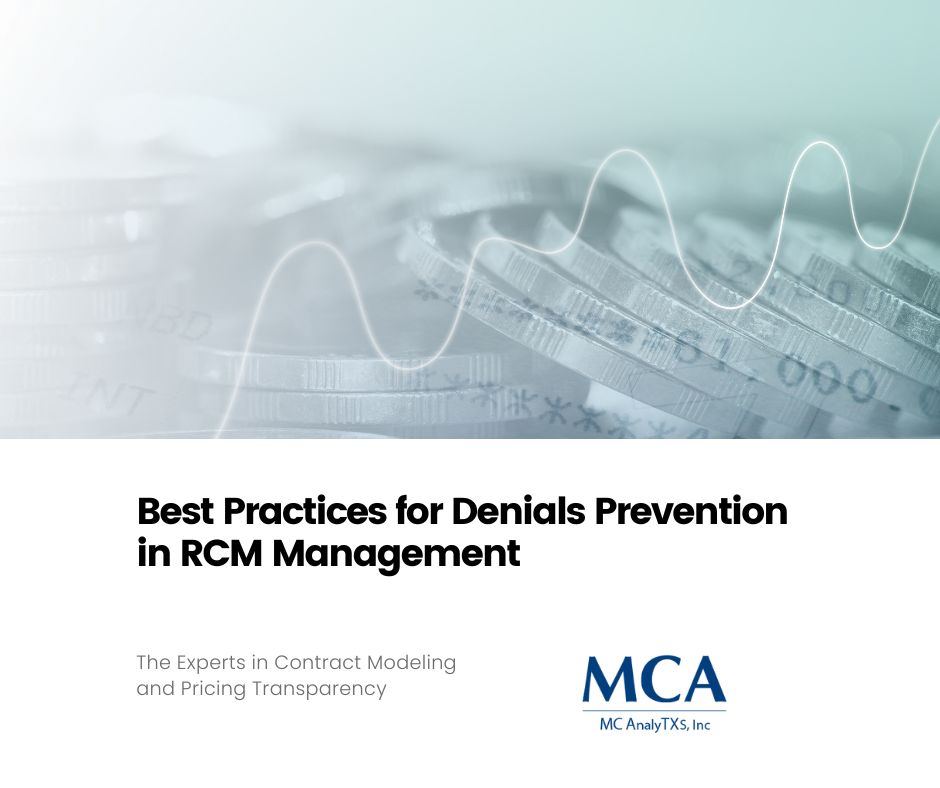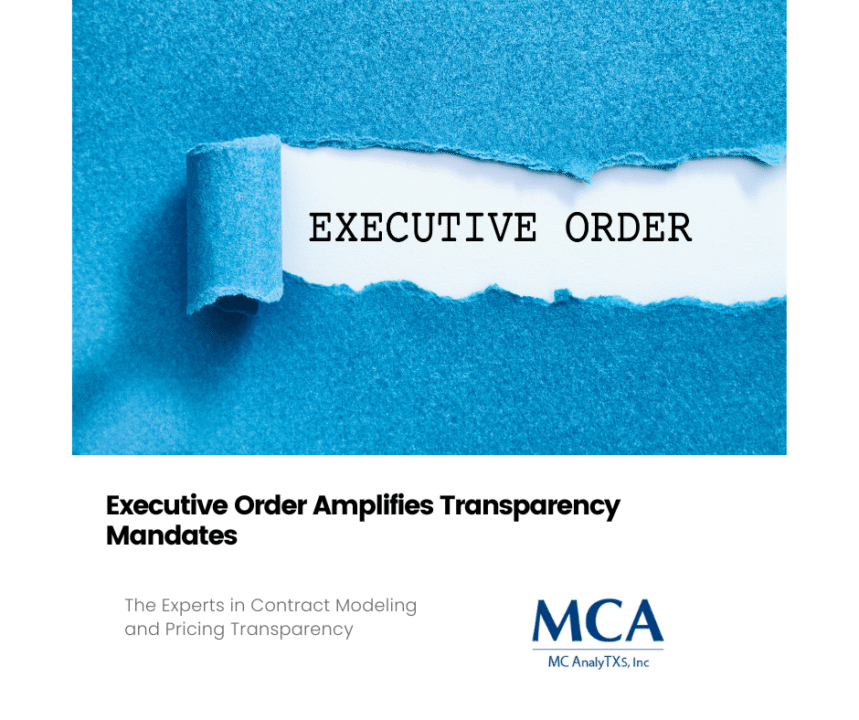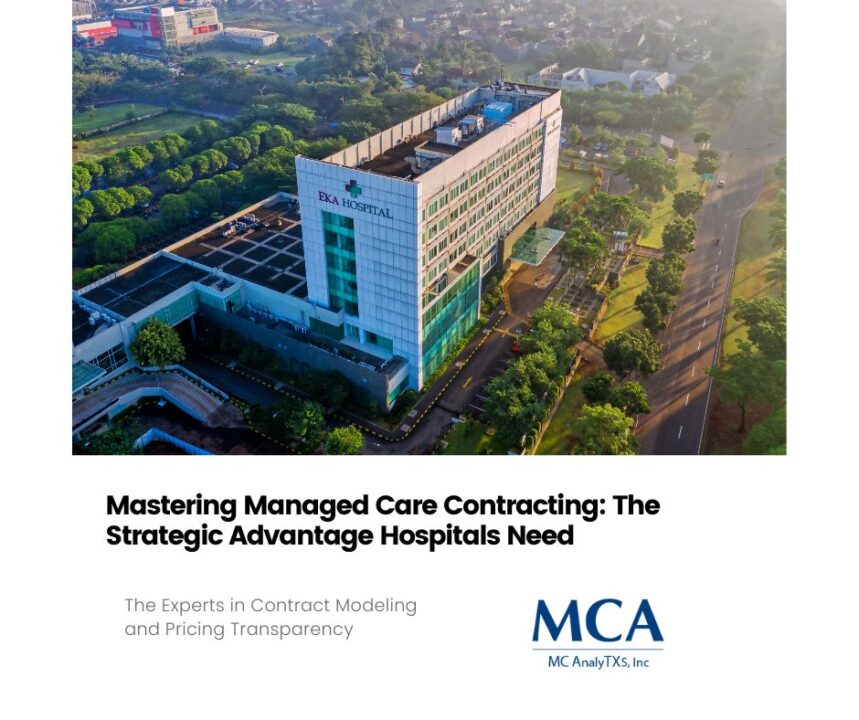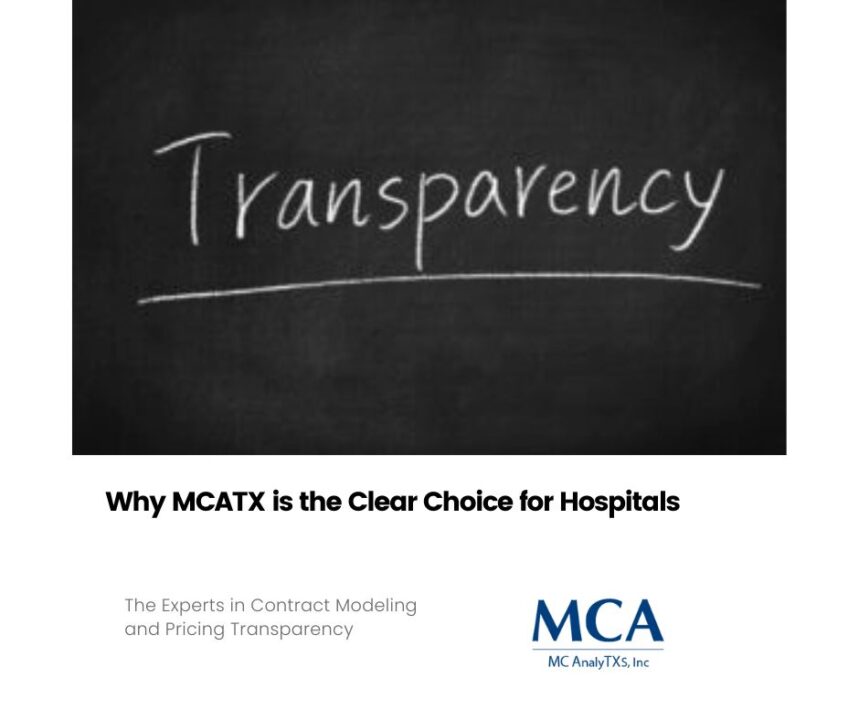
Driving Financial Success: Strategies to Master the Mid-Revenue Cycle
June 11, 2024
Transforming Patient Financial Experience Six Strategies for Better Collections
June 18, 2024One of the most challenging aspects of Revenue Cycle Management (RCM) can be the management and prevention of claim denials. For RCM leaders, understanding and implementing effective denial prevention strategies is crucial to maintaining financial health. This blog post will provide you with five best practices for effective RCM denial prevention.
Introduction to RCM Denials
Claim denials can have a significant impact on the financial performance of healthcare organizations. Denials not only delay payment but also increase administrative costs and strain resources. For RCM leaders, preventing denials is a top priority, as it ensures a steady cash flow and reduces the burden on staff. This blog post will explore the five best practices for effective denial prevention, helping you to enhance your RCM processes and achieve better financial outcomes.
Implementing Robust Data Analytics
Data analytics play a critical role in understanding and preventing claim denials. By leveraging data, RCM leaders can identify patterns and trends that lead to denials, allowing them to address root causes proactively. Implementing robust data analytics involves:
- Tracking Denial Reasons: Categorize and track the reasons for denials to identify common issues.
- Monitoring Performance Metrics: Use key performance indicators (KPIs) to measure the effectiveness of denial prevention efforts.
- Predictive Analytics: Utilize predictive analytics to forecast potential denials based on historical data and take preventive measures.
Enhancing Front-End Processes
Strong front-end processes are essential for preventing claim denials. Ensuring accuracy and completeness in patient information and insurance verification can significantly reduce the risk of denials. Key strategies include:
- Accurate Patient Registration: Ensure patient information is collected accurately and completely during registration.
- Insurance Verification: Verify insurance coverage and eligibility before services are rendered to avoid claim rejections.
- Pre-Authorization: Obtain necessary pre-authorizations for services that require them, reducing the likelihood of denials.
Strengthening Documentation Practices
Proper documentation is vital for successful claim submissions and appeals. Incomplete or incorrect documentation is a common reason for claim denials. Strengthening documentation practices involves:
- Comprehensive Record-Keeping: Ensure that all patient encounters, treatments, and procedures are thoroughly documented.
- Standardized Documentation: Implement standardized documentation practices to maintain consistency and accuracy.
- Continuous Auditing: Regularly audit documentation to identify and correct errors before claims are submitted.
Educating Staff and Providers
Education and training are critical components of effective denial prevention. Ensuring that staff and providers are knowledgeable about RCM processes and denial prevention strategies can lead to significant improvements. Key initiatives include:
- Regular Training Sessions: Conduct training sessions for staff and providers on best practices for documentation, coding, and billing.
- Denial Management Workshops: Organize workshops focused on denial management and prevention techniques.
- Feedback Mechanism: Establish a feedback mechanism to improve training programs based on staff and provider input continuously.
Utilizing Technology for Automation
Automation technology can streamline RCM processes and reduce the risk of human error, leading to fewer denials. Leveraging automation involves:
- Automated Claims Submission: Implement software solutions that automate the claims submission process, ensuring accuracy and timeliness.
- Electronic Health Records (EHR) Integration: Integrate EHR systems with billing software to reduce manual data entry and improve data accuracy.
- Denial Management Software: Utilize denial management software to track, analyze, and address denials more efficiently.
Conclusion
Proactive RCM strategies are essential for preventing claim denials and ensuring the financial health of healthcare organizations. You can significantly reduce denials and improve financial outcomes by implementing the five best practices outlined in this blog post—robust data analytics, enhanced front-end processes, strengthened documentation practices, staff and provider education, and technology utilization.
To recap, the five best practices for effective RCM denial prevention are:
- Implementing Robust Data Analytics
- Enhancing Front-End Processes
- Strengthening Documentation Practices
- Educating Staff and Providers
- Utilizing Technology for Automation
Taking these steps will not only help you prevent denials but also position your organization for long-term success. For more information on RCM denial prevention and to explore additional resources, visit our website or contact our team for further consultation.





